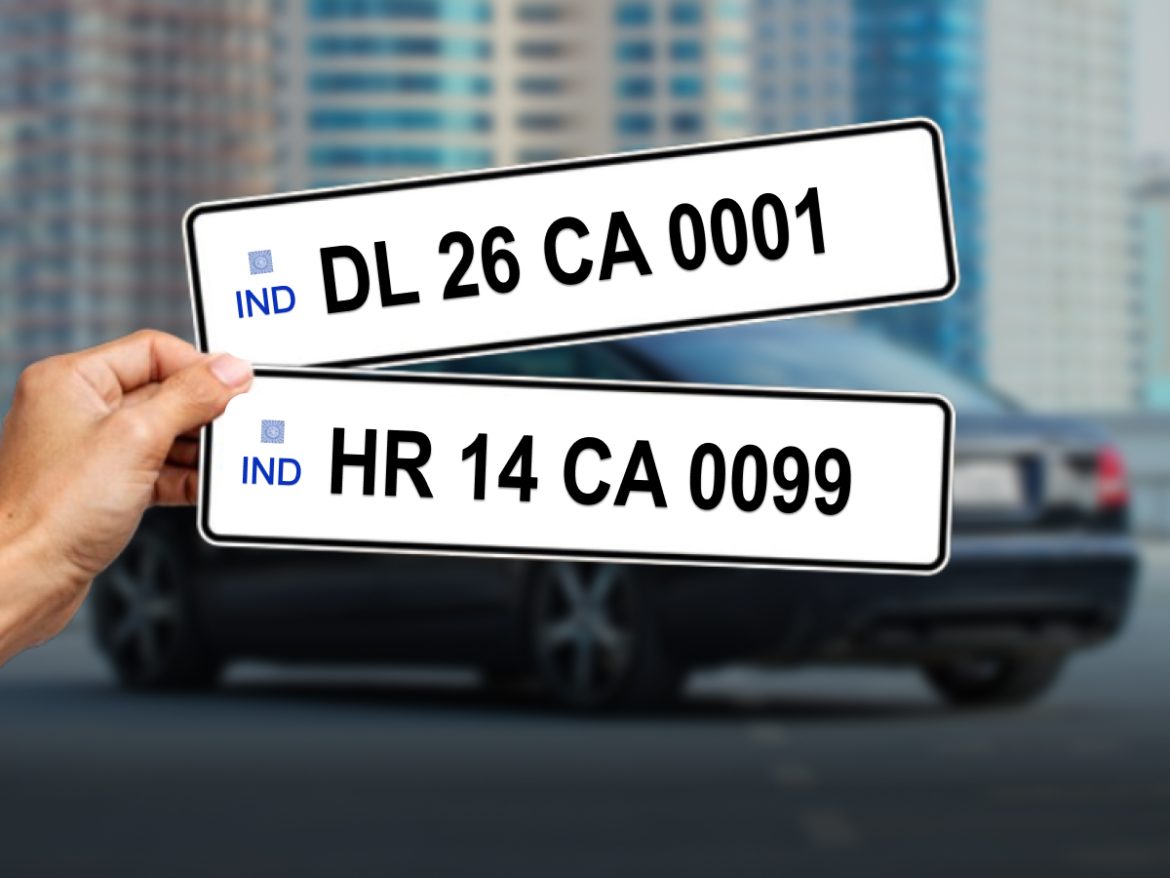Private number plates have long been a symbol of individuality and personal expression. Unlike standard registration plates, which are randomly assigned, a personalized plate allows you to make a statement on the road, whether it’s showcasing your initials, a favorite word, or a unique sequence that holds special meaning. But how is Cherished Plate Valuation done? If you’ve ever thought about purchasing one or even selling your existing personalized plate, understanding the factors that influence its value is essential. In this article, you’ll learn about the key considerations that determine how private number plates are valued and how you can make informed decisions regarding them.
-
Rarity and Exclusivity
Just like with other rare items, the more unique and hard-to-find a plate is, the more valuable it becomes. Private number plates that contain a rare combination of letters or numbers, or that are composed of fewer characters, tend to fetch higher prices in the market. Short plates, for example, are much rarer than longer combinations, and this scarcity often makes them more desirable to collectors and car enthusiasts alike.
In the same vein, exclusivity plays a major role in valuation. If a specific plate appeals to a particular niche, whether that’s a group of individuals with a certain name, initials, or profession then the demand for that plate can increase significantly. The value, therefore, is not just tied to how many people could want the plate, but how much the few who do want it are willing to pay.
-
Letter and Number Combinations
Plates that have clear, recognizable meanings, such as names, initials, or popular words, are often more valuable. For example, a number plate with “JON 1” or “VIP 1” is likely to be valued much higher than a plate with a more random or less obvious combination of characters. Simplicity often increases value as well, with clear and memorable sequences being far more desirable than convoluted or complex ones.
The way numbers are used to mimic letters—known as “dateless plates”—is another interesting factor in the value equation. A plate like “K1NG” could carry significant value because of the clever use of numbers to replace letters. The easier it is for people to recognize and interpret the meaning behind the plate, the more likely it is to attract interest and a higher price. Conversely, plates that are ambiguous or difficult to decipher may struggle to gain traction in the market.
-
Age and Heritage
Age is another factor that can dramatically influence the value of a private number plate. Plates that are considered “dateless” or were issued before the introduction of age identifiers in number plates tend to be more sought after. A dateless plate not only looks cleaner and simpler but also allows the car owner to hide the age of their vehicle, which can be particularly appealing for those with older cars.
In addition, plates that carry historical significance or are tied to particular events can also increase in value. For instance, a plate that was once owned by a celebrity or appeared in a famous setting might carry a premium due to its provenance. The longer a plate has been in circulation, particularly if it has been well maintained, the more value it may hold due to its status as a classic or vintage item. Heritage adds an intangible quality to a plate, much like the aura of a classic car, where history elevates its desirability.
Summing Up
Valuing private number plates involves a range of factors, from rarity and exclusivity to market trends and buyer demand. Understanding the intricacies behind each of these elements can help you make informed decisions about buying or selling private plates and ensure that you get the best value for your investment.


